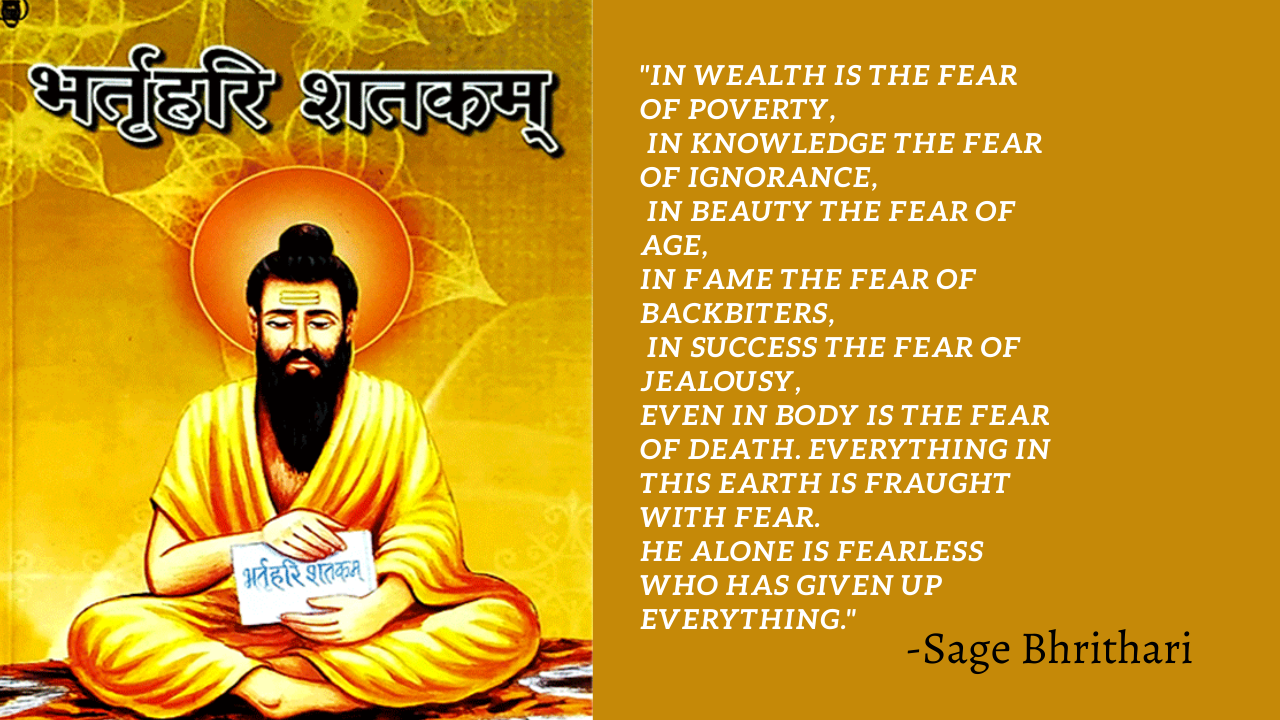Philosophy of Revolutions, French Revolution, its tremendous impact on world politics.
What exactly does a revolution mean?
When the local public is dissatisfied with the existing form of politics, economy or society, they unite and backlash with brute force. Now, if the group of people wanting change are properly guided and have clear vision, they can lead a revolution, otherwise it may turn itself into a dirty riot which are very common in India nowadays.
Uniting and channelising the energies of common people to overthrow the outdated and traditional ideas of humanity might be called a revolution.
People who participate in revolutions do so believing in the possibility that they can transform their circumstances. They may be ready to make immense personal sacrifices, even sometimes their own lives, in the struggle to create a genuine democracy, where government would be an instrument of the people’s will, rather than a source of power and enrichment for a privileged and corrupt elite.
Yet such a fledgling democracy born out of revolution can be fragile. Its leaders have to learn how to manage the new business of politics, often with very little previous experience. Revolutions are by their very nature unstable and perilous, often beset by internal conflict and outside intervention. State violence and militarism can bring a return to stability, but at a price. Revolutionary leaders who started out as humanitarian idealists, given certain circumstances, may adopt brutal methods; they may choose to use political violence, even terror, either to defend the gains of the revolution or, more cynically, to maintain themselves in power. The quest for liberty and equality can be a disheartening experience.
Do you now get a hint why did Mahatma Gandhi believe in non-violent struggle for freedom? He was not basically wrong in his approach but just that he led the national movement in this philosophy.
Coming back, now, among all the revolutions, what special importance does the French Revolution hold? Why afterall the entire globe studies it even now?
The French Revolution that broke out 1789 became a model for future revolutions.
The French Revolution was one of the most startling, exciting, and terrifying periods in European History. Many of our ideas about politics and democracy were developed during the Revolution. These include distinctions between left wing and right wing, ideologies such as liberalism and socialism, and the idea of universal human rights, clearly visible reflected in the 1789 declaration of the rights of man and citizen.
France in 1789 was a deeply unequal country.
Before the French Revolution, the people of France were divided into social groups called "Estates." The First Estate included the clergy (church leaders), the Second Estate included the nobles, who were priviledged and dominated over the Third Estate which included the commoners. Most of the people were members of the Third Estate. The Third Estate paid most of the taxes, while the nobility lived lives of luxury and got all the high-ranking jobs.
In short, the nobility or the royal family exploited the common public in the name of monarchy's power and the clergy or the religious leaders exploited the public in the name of God, heaven, hell and all that nonsense.
The 2% of nobility and clergy dominated over 98% of the common peasants. Tired of over-taxation, inflation and injustice, the commeners set up their own National Assembly under a Constitution of only 17 articles. It was meant to recognise people's power and overthrow the King's rule.
During that time, France was flooded with one marvellous slogan of "Equality, Fraternity and Liberty" which triggered the revolutionaries to unite and common public to arise and fight back for their well-deserved rights!
The French Revolution lasted 10 years from 1789 to 1799. It began on July 14, 1789 when revolutionaries stormed a prison called the Bastille. The revolution came to an end 1799 when a general named Napoleon overthrew the revolutionary government and established the French Consulate (with Napoleon as leader).
The French Revolution completely changed the social and political structure of France. It put an end to the French monarchy, feudalism, and took political power from the Catholic church. It brought new ideas to Europe including liberty and freedom for the commoner as well as the abolishment of slavery and the rights of women.
Although the revolution ended with the rise of Napoleon, the ideas and reforms did not die. These new ideas continued to influence Europe and helped to shape many of Europe's modern-day governments and even the sociopolitical values of the entire globe.
The most important message we get from this blog is about the idea of a well-organised revolution - an uprising to overthrow old systems to replace them with new and better ones :)
Another lesson we derive here is that revolution must not take the form of rioting in an animalistic way. Intact, what I learnt researching about this blog is about the logic behind Gandhiji's idea of a non-violent freedom struggle. Too much violence for freedom may prove to be shortsighted and might not promise us a peaceful and stable nation after the freedom. For now no comments on that series of events. I will study all that and will come up with a blog dealing with this conflict later, but surely :)
Thanks,
Daksh Parekh.











Comments
Post a Comment